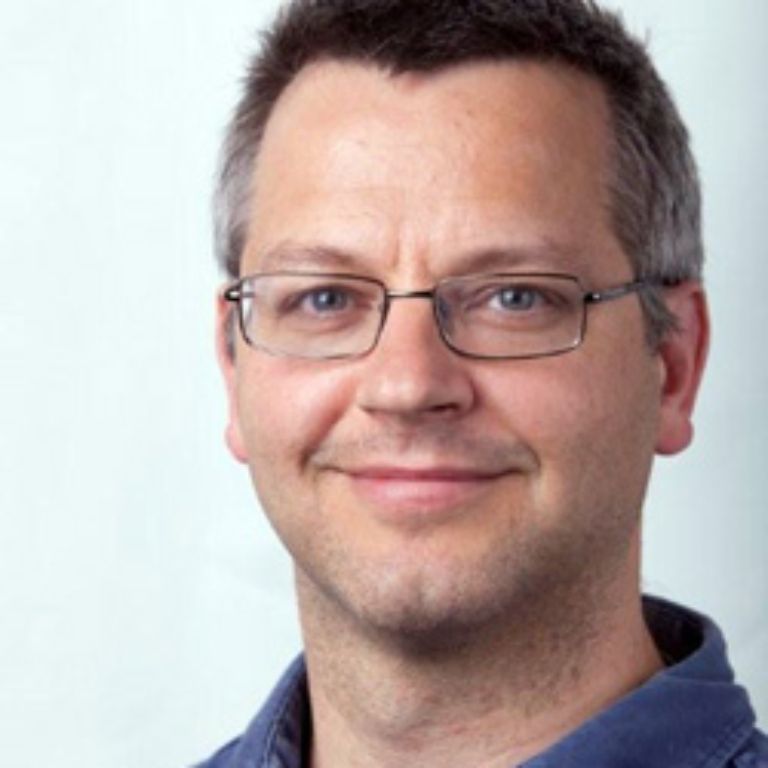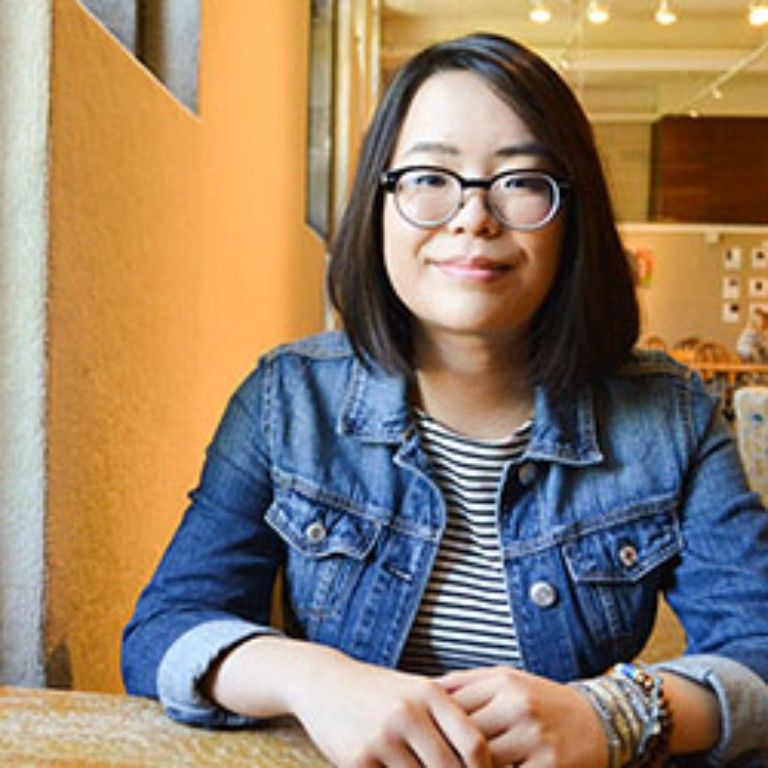Konstantin Dierks is an associate professor in the Indiana University Department of History. Years ago, Dierks found a collection of letters from an American farmer, an ordinary person inspiring other ordinary people to rebel against the British Empire. He studied many letters for his dissertation, eventually leading him to historical research. He is currently writing a book set right after the United States was liberated from the British Empire.

“The genesis of my interest in history has to do with my first book project, which really got me into history for the first time, after my undergraduate life. I was interested in political activism, and then I looked at the American Revolution,” Dierks said.
Recently, Dierks lead undergraduate student Grace Boya Shen in historical research. He had previously supervised honors theses and worked on independent projects with students in his classes, but this was the first research project that came from his own work for which he recruited a student. The two collaborated to translate a work by Liang Qi Chao.
“My part in the project is to look at American media representations of (Liang Qi Chao’s) travels across the United States. He writes a travel narrative of his journey, and I’m looking at the other side: American media looking at Liang Qi Chao as he traveled,” Dierks said.
As a faculty member, Dierks says that being a mentor for an undergraduate creates extra work. Mentorships aren’t factored into professors’ evaluations. It can be difficult to find students with the right combination of interest and talent. But, finding the right student can be very rewarding.
“Grace has essentially been another project manager within the project, and an absolutely indispensable one…” Dierks said. “I have my own devotion to this unexpected research project, and it has been matched with Grace’s indefatigable translating, researching, and organizing work.”
It can be difficult to find students with the right combination of interest and talent. But, finding the right student can be very rewarding.

Grace Boya Shen made her decision to attend Indiana University as a double major in history and American studies based on a Google image search on her computer in China. She arrived in the United States for the first time in July of 2012, just a month before classes started. Shen struggled with English but was determined to understand and be understood. For three years she practiced through working at Starbucks in the Union and spent a lot of extra time reading.
“IU has a beautiful campus and great humanities. I would call it destiny that I came to IU. It’s the best decision I’ve ever made,” Shen said.
At the beginning of Shen’s senior year, she was contacted by Professor Dierks. He taught one of her history classes during her freshman year, and he reached out to her because he found an interesting Chinese footnote citation. It seemed appropriate to include Shen in his investigation because the citation was to a journal written by Liang Qi Chao, a Chinese scholar who wrote a detailed journal when he traveled to the mainland of the United States for the first time. He is one of the most famous Chinese scholars who was a part of a revolution in China during the early 1900s. Liang Qi Chao tried to bring China a new political system, and he wanted to build a university in China based on United States universities.
Dierks did not know any Chinese, so he gave it to Shen with the promise that it was interesting, but it needed to be translated. She started by translating the first few pages. After reading those pages, she became curious about why Liang Qi Chao viewed the United States in the ways he did, and she wanted to know more. Together, Shen and Dierks recruited 15 people to translate the whole journal.
"I had to dig out what these books are and what he said about them. It takes a lot of time,” Shen said.
The task was difficult because the journal was written in traditional Chinese. In addition to creating an English version of the journal, they had to examine details about the people Liang Qi Chao met and the literature he mentioned. Eventually, Shen and Dierks plan to publish this information for scholars in English and Chinese with online notes about each of the things Liang Qi Chao referenced. Shen hopes to continue research after her 2016 graduation from IU.

